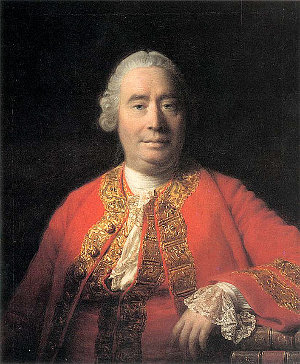
It’s commonly said that beauty is in the eye of the beholder: In contemplating a work of art, the impressions we form are subjective, so all judgments should be equally valid.
“Beauty is no quality in things themselves,” writes David Hume. “It exists merely in the mind which contemplates them, and each mind perceives a different beauty. One person may even perceive deformity where another is sensible of beauty, and every individual ought to acquiesce in his own sentiment without pretending to regulate those of others.”
Why then do we account some tastes “good” and some “bad”? If I say I prefer John Ogilby to John Milton, “no one pays attention to such a taste; and we pronounce without scruple the sentiment of these pretended critics to be absurd and ridiculous.” But “the principle of the natural equality of tastes is then totally forgot, and while we admit it on some occasions where the objects seem near an equality, it appears an extravagant paradox, or rather a palpable absurdity, where objects so disproportioned are compared together.” Why?
